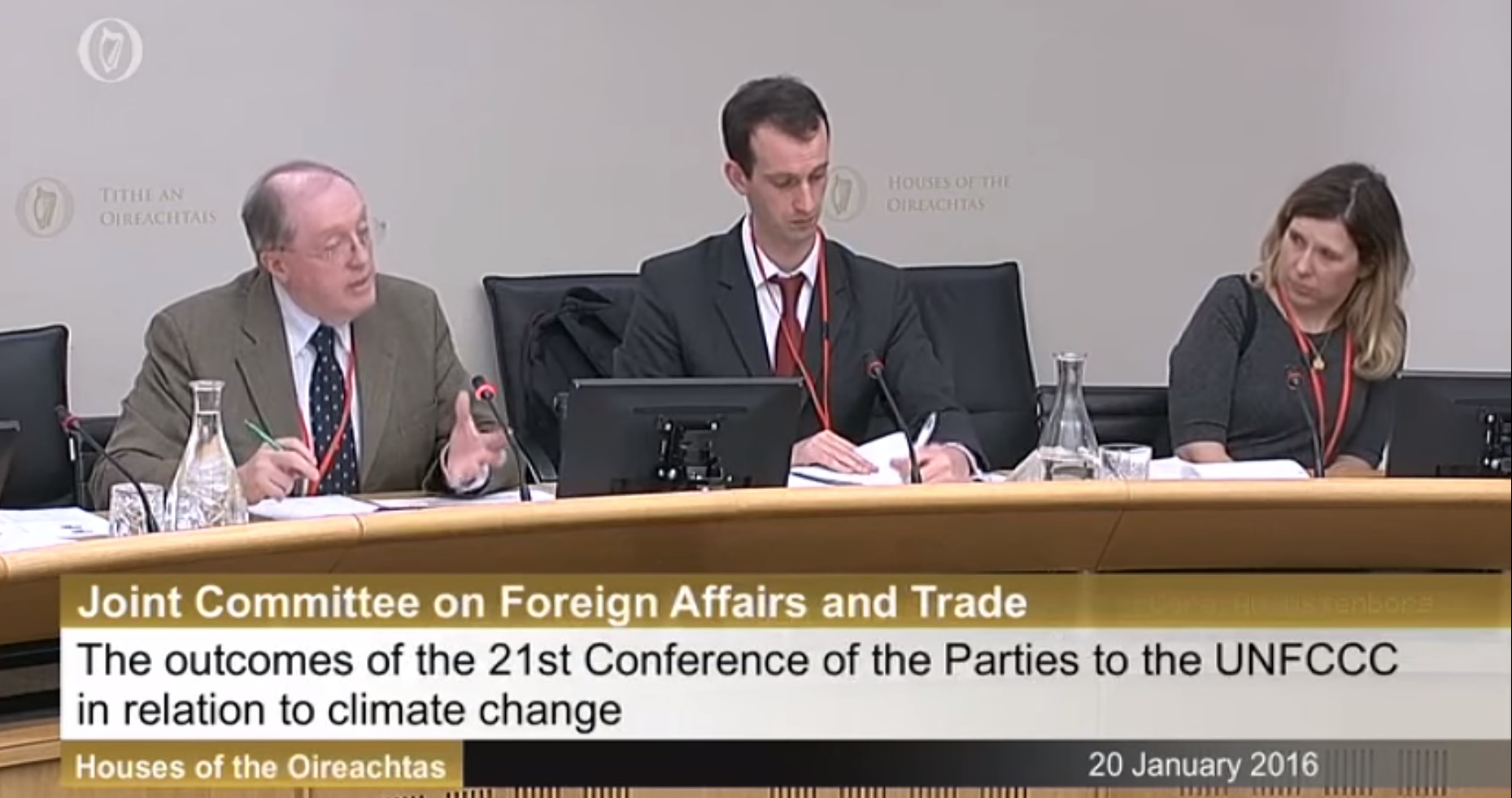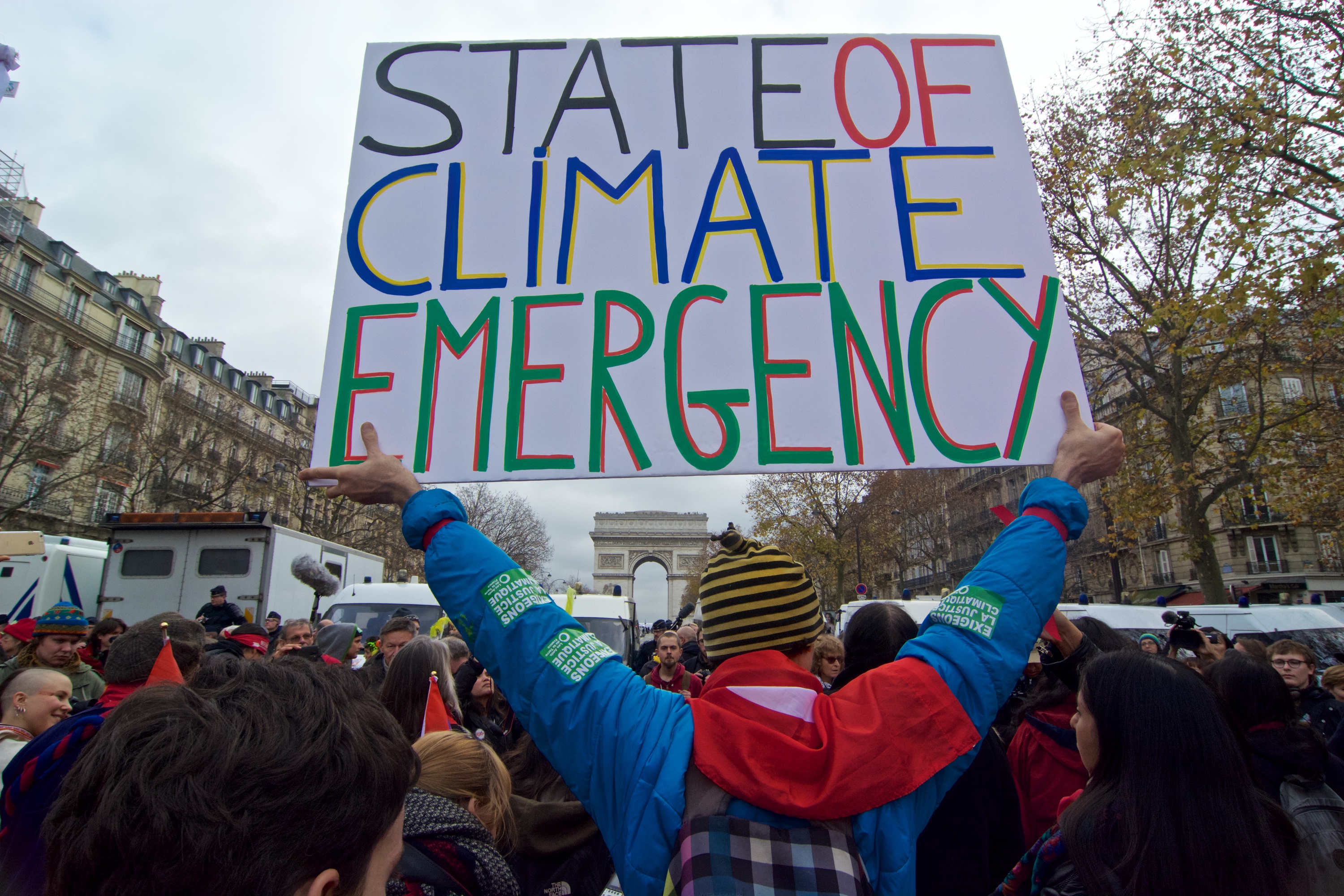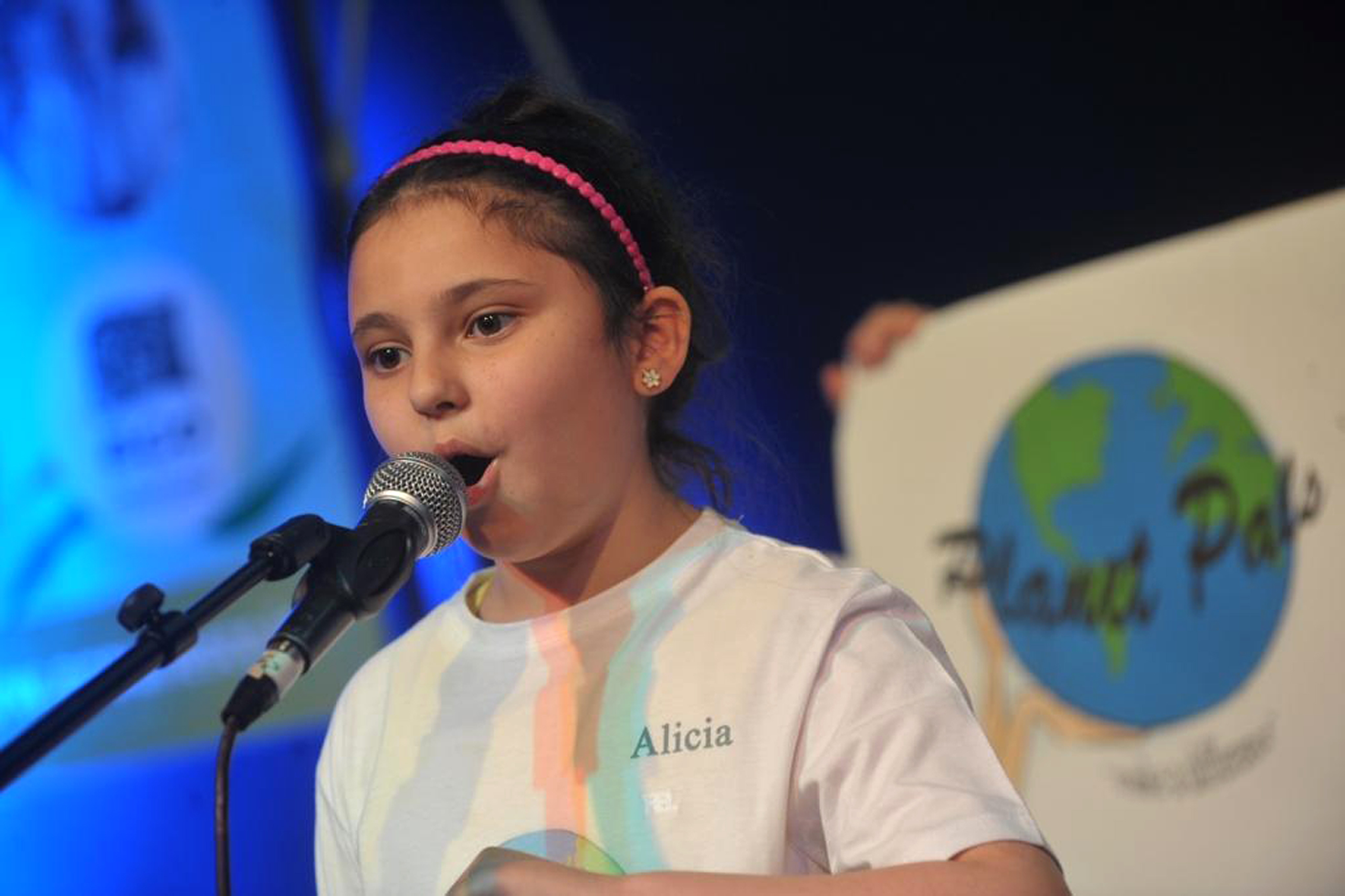Carbon cheques, emissions caps and climate justice

January 14th, 2019
As someone who has campaigned for years for carbon cheques to be distributed per capita in order to compensate for the increased costs brought about by carbon taxation, I’m excited that this is seriously being considered as an option in Ireland now.
Mr Varadkar and others have pointed out that distributing the revenue from carbon tax in the form of carbon cheques would ensure that those who pollute less would gain financially. The cheques could help to ward off the kind of tension we’ve seen recently in France.
However, if we are to ensure that emissions are actually reduced in the aggregate and that this is brought about in the fairest way possible, the Government will need to do some fine-tuning of their proposed carbon-cheque scheme.
Making sure we get to zero emissions
From an ecological perspective, a hard cap on fossil fuel supply is the only reliable way to phase out fossil fuel-related emissions. We can’t count on price alone.
Other countries’ experience has demonstrated that a slump in the overall fossil fuel price can spur an increase in emissions despite relatively high carbon tax. Moreover, wealthy climate sceptics can continue to use as much fossil fuel as they wish, regardless of its price, since they have the means to do so.
Imposing a hard cap on fossil fuel imports and production would set the carbon limit that the biosphere requires. It would not be administratively daunting as most fossil fuels originate from a handful of producers.
It could (and should) be combined with a production or import permit fee – so the price would still play a role in the energy transition, but it wouldn’t bear the whole responsibility for getting to zero emissions.
Protecting the vulnerable and promoting climate justice
We’ll also need to make sure that the energy transition does not hurt those who are already vulnerable, both within Ireland and elsewhere, particularly in the Global South that is already suffering disproportionately.
A carefully-designed carbon cheques programme would have justice and equity built into it right from the start. For example, Feasta’s Cap and Share scheme (which includes carbon cheques) could initially be established as a partnership between Ireland and a Global South country, taking into account their differing use of fossil fuels.
It could then be scaled up to a wider level and could even become a springboard for establishing a world basic income.
Additionally, while carbon cheques would help to cushion the shock of higher energy prices, measures such as an additional levy on ‘luxury’ use of carbon (e.g. first class flight tickets) will also be needed to complement the ‘core’ pricing of carbon.
This will help to ensure that we properly address fuel poverty within Ireland and also help fund the substantial changes to infrastructure that will be required to ensure a smooth energy transition.
Carbon cheques need to be done right and if they are their potential could be enormous.
By Caroline Whyte
Caroline studied ecological economics at Mälardalen University in Sweden and is the research and communications officer for Feasta – the Foundation for the Economics of Sustainability.
More information on Feasta’s work on carbon cheques can be found at http://www.capandshare.org, http://www.capglobalcarbon.org and http://www.sharingforsurvival.org.






